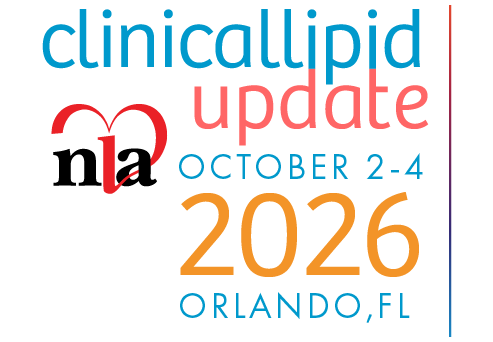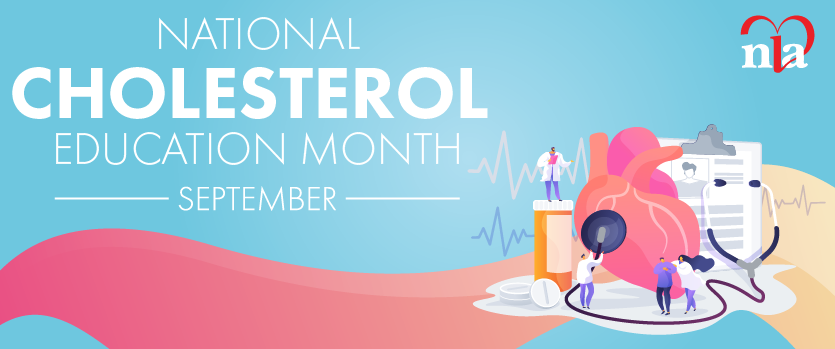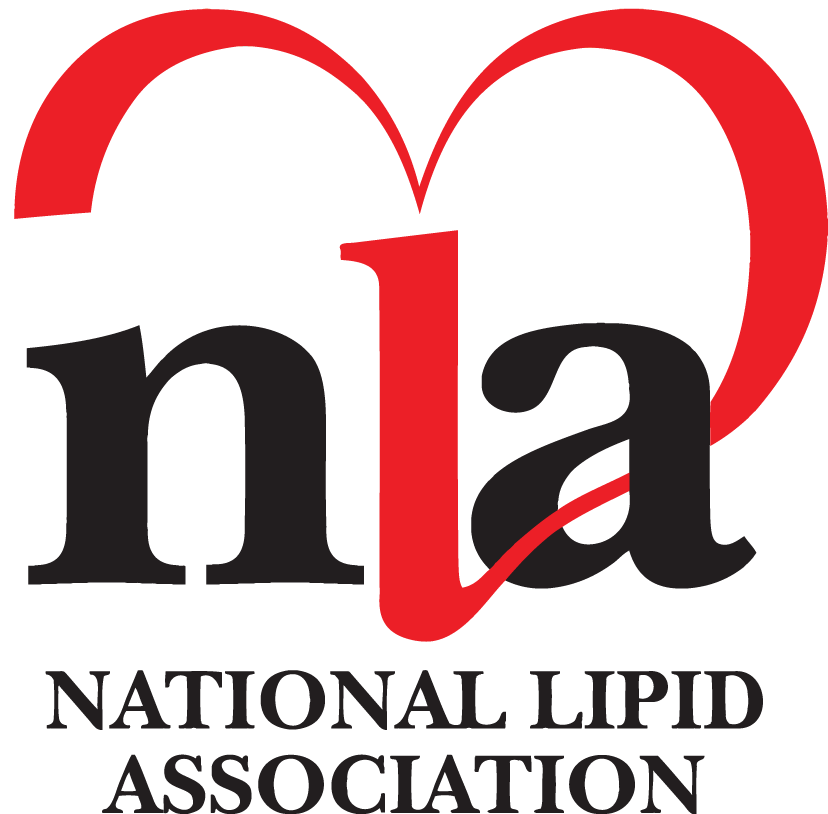“If we wait for the appropriate time to start working, we shall never work; it is better to start with the available means and let the next generation continue what we started”. - Mutaz Al-Khnifsawi, MD
Situation
Familial hypercholesterolemia (FH) is a common genetic lipid disorder. Due to the high level of consanguinity in MENA (Middle-East North-Africa) in particularly Arabic countries, this genetic lipid disorder is increasing, with the prevalence of FH in the Gulf Cooperation Council (GCC), estimated to be 1 in 112 people!

Background
In February 2015, the International Atherosclerosis Society (IAS) and Oman Society for Lipid and Atherosclerosis (OSLA) organized the first lipid course in the MENA region as part of IAS objectives to disseminate knowledge on atherosclerosis prevention and familial dyslipidemias. The course was held in Muscat, the capital of the Sultanate of Oman, and I was invited by the organizers to be one of the participants. I was fascinated by its contents and became aware for the first time about the existence of specialized clinics focusing on patients with dyslipidemias particularly the familial forms, e.g.; FH.
Health care professionals and the Iraqi Lay people, the general public, were not familiar with FH and there were no special clinics that cared for individuals suffering from dyslipidemias. Many cases were not diagnosed and if diagnosed, were inadequately treated. Health authorities were neither aware of the magnitude of such a problem nor placed it as a priority in the healthcare system!
When I returned to Iraq, I asked myself, “Why not start and open the first lipid clinic in the country?” Indeed, the elevated rates of consanguineous marriages was fertile soil for occurrence of the most severe forms of FH. Certainly, that was bringing an elevated burden of suffering for my people in conjunction with the absence of specialized health professionals to take care of the patients. “Well,” I thought, “How long will we say the time is not appropriate for this care?” In Iraq, the time was not appropriate since my birth, and I was 40 years old!
In 2015, one third of Iraq was occupied by terrorist groups. When I presented my request to the health authority in Diwaniyah city (180 km to the south of Baghdad) where I was based to establish the first lipid clinic on April 1, 2015, they did not welcome my idea at all. Authorities alleged two main reasons for that, first: there was illiteracy in the field of atherosclerosis and familial lipid disorders among both public and health care professionals; second: most of the ministry of health (MOH) budget at that time was dedicated to meet the medical needs of the military efforts against terror. This was the main challenge in front of me as I needed funds to cover my campaign.
After two years of extensive efforts, I finally found a sponsor. On February 15, 2017, I finally succeeded in establishing the first lipid clinic in Iraq. The IAS and OSLA received this news with great joy and acknowledged my work not only locally but internationally, and such support energized me. I decided to establish more lipid clinics covering most of Iraq! For that, I counted on the support of many enthusiastic and dedicated colleagues.
On December 28, 2017, I led the efforts to establish the 12th lipid clinic in Iraq. It was an extremely difficult mission requiring travel to many cities in a very critical time, as not all of Iraq was safe. But we did it. During that year, we arranged many symposiums to different community layers to talk about the story of lipid disorders and the urgent need to control their burden in our community. On March 15, 2018, the IAS and OSLA awarded me a recognition award for establishment of the first lipid clinics network in MENA!

Assessment
I recognized that the problem was not restricted to Iraq. In January 2021, I decided to cross the boundaries of my country to disseminate knowledge all over MENA and help colleagues to establish their first lipid clinics in their home countries and start following me in this long and winding path, as the problem and challenges are the same all over the region. The project was not merely establishing a lipid clinic, indeed, opening a lipid clinic was just the first step in this great project. Both IAS and OSLA welcomed the idea and showed their support to me as we believed that together, we could change a very bad situation into something good.
Recommendation/Action
I realized that my work in this project was extremely difficult. Many colleagues told me that the project was some sort of madness, as I was planning to work in very dangerous countries which faced economic, political, and health challenges, the sort of situations that threatened their own integrity and lives (Syria, Somalia, Sudan, Yemen, Afghanistan, Pakistan, Ethiopia, Libya, Tunisia, among others). Discussions were never easy with the health authorities and in some places lasted for months. Indeed, all colleagues in these countries asked me the same question, “Do you think, Mutaz, we can succeed? You know how bad the situation is here!” And I told them “Look, if we succeeded in Iraq, why can we not succeed in your country?” Our countries were like twins, facing the same challenges. I told them, “Look, Iraq has faced for more than 40 years what your country is facing now, and we succeeded!”

On March 20, 2021, with the help of dedicated colleagues, I led the efforts to establish the first lipid clinic in Syria (Damascus Lipid Clinic) then the Khartoum Lipid Clinic in Sudan, the Amman Lipid Clinic in Jordan, followed by the Mogadishu Lipid Clinic in Somalia. These were followed by the Islamabad Pediatric Lipid Clinic in Pakistan, the Sana’a Lipid Clinic in Yemen, the Herat Lipid Clinic in Afghanistan and the latest one in Addis Ababa in Ethiopia! We are still active, setting up more!
Colleagues who work at the clinics were chosen according to their specialty, who deal with patients suffering from lipid disorders (cardiologists, internists, endocrinologists, and pediatricians). These colleagues showed enthusiasm, enough energy and commitment to work in the field of preventive medicine in general and particularly, familial lipid disorders.
Until now, I spent more than a year and a half in advocacy efforts outside my country and more than 6 years inside Iraq recruiting a social media following to reduce illiteracy in this field and elevate the status of FH in Iraq to a public health problem. Indeed, I’m still teaching my colleagues who are running the recently established lipid clinics how to disseminate knowledge, follow the same path, and help diagnose and treat patients with lipid disorders with the available resources.

In order to make this project fruitful and successful, I requested support from the IAS to help train my colleagues working in this project, to provide knowledge, skills, and enable them to be competent life savers. Since funding is limited and training opportunities are not widely available from single organizations, we hope that other organizations like NLA will also play a role in the education and training of colleagues working in this rapidly growing project. Expert colleagues will push our vehicle forward by accelerating the process of building knowledge (instead of waiting for one course annually from a single organization like IAS-OSLA). As the prevalence of lipid-related disease is high in this region of the world, health authorities and governments need to cooperate with the staff of these clinics to meet patient needs and to implement strategies to halt the death machine caused by these genetic lipid disorders. Yes, investment in this will be cost effective!
It is worth mentioning that I could have never succeeded in this very difficult mission without the amazing role of my colleagues whose extensive volunteer efforts, despite the extremely difficult circumstances they were living in and working under, turned our dream into reality. I’d like to recognize:
Professor Yassen Beni Marja, Dr. Mohammed Altayeh, Dr. Rahaf Abbod (Al-Basil Cardiac Center, Damascus, Syria);

Professor Akram Al-Salih (Jordanian University Teaching Hospital, Amman, Jordan);
Professor Khalid Al-Adeeb, Dr. AbdulQawi Al-Mohammadi (Sana’a University Teaching Hospital, Yemen);
.jpg)
Assistant Professor, Tigist Worku Lemma, Assistant Professor Tigist Sileshi (Addis Ababa University, Black Lion Hospital, Ethiopia);
Assistant Professor Ahmed Ali Sulaiman (Al-Shaab Teaching Hospital, Khartoum, Sudan);
Professor Mohamed Janabi, (Muhimbili National Hospital, Dar es salaam Lipid Clinic, Tanzania);
Professor Fawzia Sadiq, Dr. Sabeen Khan (Shifa Tameer e-Milat University Hospital, Pakistan);

Dr. Hassan Mohamed Enow (Fayo General Hospital, Mogadishu, Somalia);
Dr. Khalil Ahmed Ahrari (Herat General Hospital, Herat City, Afghanistan);

and all of my network team members in Iraq.
I would like to acknowledge the pivotal role of the IAS and OSLA in supporting our efforts by offering training opportunities for young physicians in MENA and Africa involved in this project. My acknowledgement is extended as well to colleagues from the Alaq Al Mamorah scientific bureau that sponsored our project in Iraq.
Dr. Al-Khnifsawi has received lecture fees, consulting fees, and travel grants from Amryt Pharma. Dr. Santos has received consulting fees from Amgen, Novo Nordisk, Sanofi, Ache, Norvartis, and Amryt; speaking fees from Amgen, Astra Zeneca, Amryt, Biolab, Hypera, Novartis, Novo Nodisk, Eli Lilly, Sanofi, PTC Therapeutics, and Merck; and research grants from Amgen, Novartis, Kowa, PTC Therapeutics, and Sanofi.
There are no references for this article.
Article By:
IAS Regional Federation (MENA & Africa)
President of the Iraqi Lipid Clinics Network
FH Advocacy Group, WHF
EAS-FHSC NLI, Iraq
Faculty of Medicine, Al-Qadisiyah University, Iraq
Cairo, Egypt
Associate Professor and Lipid Clinic Heart Institute Director (InCor)
University of Sao Paulo Medical School Hospital
Researcher at Israelita Albert Einstein Hospital
International Atherosclerosis Society Past-President
Sao Paulo, Brazil






.jpg)
.png)










